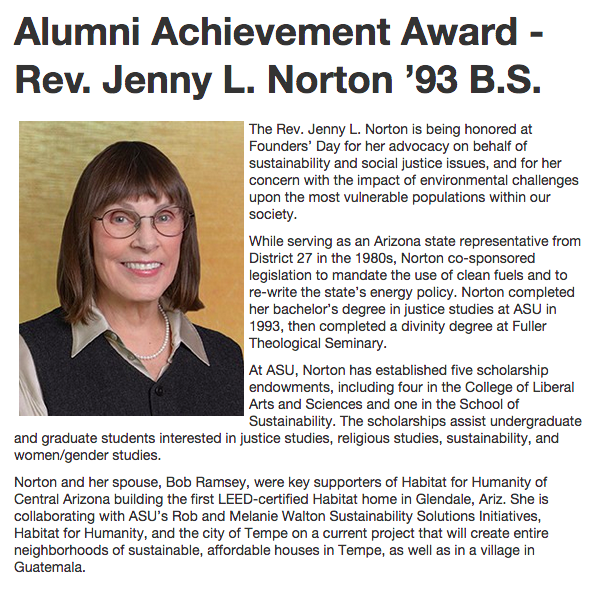A Jenny Norton Research Cluster: Latina Feminism
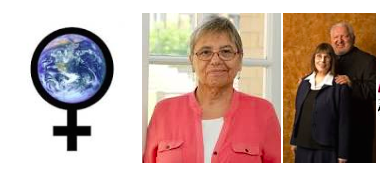 This research cluster, supported in part by a gift from Jenny Norton, is designed to re-familiarize the participants with some of the classic works of Latina feminist theory, and to also read important new works with an ultimate goal of invigorating our scholarship and to develop research collaborations across Schools, Colleges, and disciplines at ASU. The collaborative nature of the research cluster format will enable lively discussion about some important texts, and also to develop deeper understanding of Latina feminist theory.
This research cluster, supported in part by a gift from Jenny Norton, is designed to re-familiarize the participants with some of the classic works of Latina feminist theory, and to also read important new works with an ultimate goal of invigorating our scholarship and to develop research collaborations across Schools, Colleges, and disciplines at ASU. The collaborative nature of the research cluster format will enable lively discussion about some important texts, and also to develop deeper understanding of Latina feminist theory.
While there is a long history of Latina feminisms both inside and outside of the US, these texts and perspectives continue to be marginalized within feminist theory. In addition to incorporating more Latina feminist theory and perspectives in our research, the work that we do in this cluster will carry over into our teaching.
The Reverend Jenny Norton has provided funding to support an annual Research Cluster at the IHR. The Norton endowment is designed to stimulate research on women and gender in any field of inquiry.
ALSO, our Foundation serves Jenny’s alma mater at ASU’s School of Religious Studies with The Arava Institute, of the Ben Gurion University within the Negev of Israel for advancing awareness, research and knowledge of our cause: working with ASU’s Professor Joel Gereboff, ASU’s Hillel Director Emeritus Rabbi Barton Lee, and Arava Institute’s Director David Lehrer, Jenny and Bob scholarship Arizona State University students from our Religious Studies Department to send them to study at the premier environmental research facility of our planet, the Arava Institute of Ben Gurion University, located within the Negev of Israel.
AND THROUGH, ASU’s Institute for Humanities Research (where Jenny initiated a Women and Gender Studies Research Cluster ), Jenny and Bob are also funding educational work through the Institute for Humanities Research, building on their work being done at the Global Institute of Sustainability, (GIOS), to enable face-to-face dialogue among members of groups which include scientists, social scientists, and humanists.
Norton and Ramsey Religious Studies in Israel Scholarship
The Norton and Ramsey Scholarship is named in honor of the Reverend Jenny Norton. Jenny received her B.S. in Justice Studies with a minor in Religious Studies in 1993 from Arizona State University. She completed her graduate work at Fuller Theological Seminary. After denominational ordination, she was assigned to serve her church as assistant pastor and appointed to a position as an auxiliary chaplain at the Arizona State Department of Corrections. Her work continues that of her father, Ralph Norton, in Arizona’s state prisons. Jenny holds a personal awareness and passion for religious studies. This fund is established as an outgrowth of and commitment to that ideal.
In the complex world of conservation and poverty alleviation, ambient noises can be deafening. Listening to the right people, in the right context with a non-biased mindset not only demonstrates respect but saves precious time and resources as you craft solutions to global problems. Jamie demonstrates – in a lively romp through jungles, villages, oceans and boardrooms – how our environment and its inhabitants present constant clues for solutions if we are present enough to tune-out the ambient noise and tune in to the message: today matters.
Bringing her unique perspective from working as a marine biologist, environmental lawyer, and chief executive officer, Jamie shares with her audience the crucial role that listening plays in fostering solutions in the natural and human worlds. Perhaps most importantly, Jamie’s experiences provide a powerful and inspirational voice for a new way to drive global change by engaging the people whose voices too often go unheard: women.

Local and Global Feminisms and the Politics of Knowledge
Karen Kuo, Assistant Professor, School of Social Transformation
Karen Leong, Associate Professor, School of Social Transformation
Ann Koblitz, Professor, School of Social Transformation
Heather Switzer, Assistant Professor, School of Social Transformation
Charles Lee, Assistant Professor, School of Social Transformation
Jenny Norton Research Cluster – During the upcoming academic year, the research cluster will continue to focus on theories of intersectionality and feminist knowledge within a global and transnational framework as well as those that acknowledge the continuing importance of the nation-state in the construction of identities, desires, and culture. In this way, we intend to rigorously theorize the politics of knowledge that we research and teach beyond a primarily US-centered analysis of the relationships of women and communities of color to the nation-state but see these phenomenon as also constructing of and at times constructed by an increasingly globalizing and transnationalizing world. Feminist intersectionality is important and useful in exploring the tensions of the US and other nation-states maintaining ideological borders in the face of transnational economies and other processes; these tensions further require the development of a set of feminist theoretical tools that emerge from the global realities of our contemporary societies and our university itself. Questions that we will continue to ask and address in our works include: What are the possibilities and limits of intersectionality’s utility within a global context? How do feminists engage notions of citizenship, the nation, nationalism, postcoloniality, globalization, transnationalism, and thus theorize specifically situated men and women’s relationships to postcolonial landscapes, neoliberal, and newly colonized geographies? How can we theorize the relationship between First World and Third/Second World women within this notion? Also, what does it mean for indigenous peoples globally who are both racially categorized and politically organized as neither fully sovereign nations nor fully citizens within the nation state? How do we explain the contradictions of democratic governance and the unfulfilled promises of citizenship within a global economy and increasing globalized culture? What theories can provide a path for coalition building across real differences and national borders?
This Research Cluster is sponsored by the Norton Fund. The Reverend Jenny Norton has provided funding to support an annual Research Cluster at the IHR. The Norton fund is designed to stimulate research on women in any field and on any topic. The Jenny Norton Research Cluster receives an award up to $1,750 to support their activities and may include partial or full support for a visiting scholar.
How do we find just solutions to complex social problems?
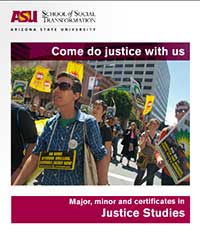 We are an innovative interdisciplinary unit that places social justice at the center of our scholarship and teaching. For more than 25 years, we have been the intellectual hub for the study of justice at ASU and beyond by producing cross-disciplinary knowledge and educating generations of social change agents and justice studies scholars.
We are an innovative interdisciplinary unit that places social justice at the center of our scholarship and teaching. For more than 25 years, we have been the intellectual hub for the study of justice at ASU and beyond by producing cross-disciplinary knowledge and educating generations of social change agents and justice studies scholars.
We REVEAL intersecting forms of injustice
Inquiry into the sources and manifestations of inequality is the starting point for much of our scholarship. Inequalities are built into our social life and public policies. Intersecting forms of injustice based on race, gender, class, sexual orientation and legal status, among other factors, are further shaped by political realignments, economic globalization and technological and cultural change.
We ENGAGE multiple visions of justice
Local and global processes hinder as well as engender visions for a just society. Visions of justice might focus on short-term management of problems or the long-term restructuring of entrenched inequalities and empowerment of communities. Justice and Social Inquiry faculty and students engage with practitioners, decision makers and other social change agents to identify sustainable solutions to difficult social problems.
We TRANSFORM pathways to justice
People organize for justice in a variety of ways. Vulnerable, exploited or marginalized communities draw on local and global resources to resist inequality and create resilient and thriving communities. Multi-disciplinary social inquiry allows scholars and community leaders to translate lessons learned during one historical moment or location to solutions appropriate for emerging social justice concerns.
“Arizonans owe much to those who came first”, by Richard DeUriarte
Norton and Ramsey Sustainability Scholarship
The Norton and Ramsey Sustainability Scholarship is a $1,000 scholarship awarded each year to a School of Sustainability undergraduate major (sophomore level or higher). This student is interested in pursuing studies about how populations facing poverty and social justice issues may be more likely to benefit from sustainability practices and/or may have ideas worthy of documenting and sharing to help society at large. Established in 2009 with a gift from the Rev. Jenny Norton and Bob Ramsey to advance the new School of Sustainability, this was the first endowed scholarship for undergraduate students. Norton and Ramsey are deeply committed to the environment and to related causes such as building LEED homes for Habitat for Humanity. As a former legislator, Norton was instrumental in many environmental initiatives in Arizona, including the Central Arizona Project and the use of alternative fuels. Eligibility: Must be a full-time undergraduate Sustainability major (sophomore level or higher) interested in issues of poverty and social justice. Must have a minimum cumulative ASU GPA of 3.00. An essay of approximately 500 words is required for this scholarship and should focus on how the topic is 1) related to the field of sustainability with a focus on “lessons learned for, and also by, the less fortunate,” and 2) inclusive of individuals and communities who are living in poverty or near poverty in our society.
Sustainability Studies:
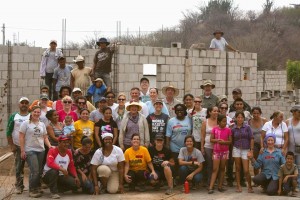 Jenny and Bob are collaborating with Arizona State University, the City of Tempe, Habitat for Humanity, and Habitat para la Humanidad Guatemala, on a mission for Mother Earth that will create entire neighborhoods of healthy, sustainable, affordable houses in Victory Acres, Tempe, as well as in Santo Domingo Xenacoj, Santa Lucia Milpas Altas, and Santa Lucia Utatlán in Guatemala.
Jenny and Bob are collaborating with Arizona State University, the City of Tempe, Habitat for Humanity, and Habitat para la Humanidad Guatemala, on a mission for Mother Earth that will create entire neighborhoods of healthy, sustainable, affordable houses in Victory Acres, Tempe, as well as in Santo Domingo Xenacoj, Santa Lucia Milpas Altas, and Santa Lucia Utatlán in Guatemala.
https://www.asugammage.com/community/community-programs
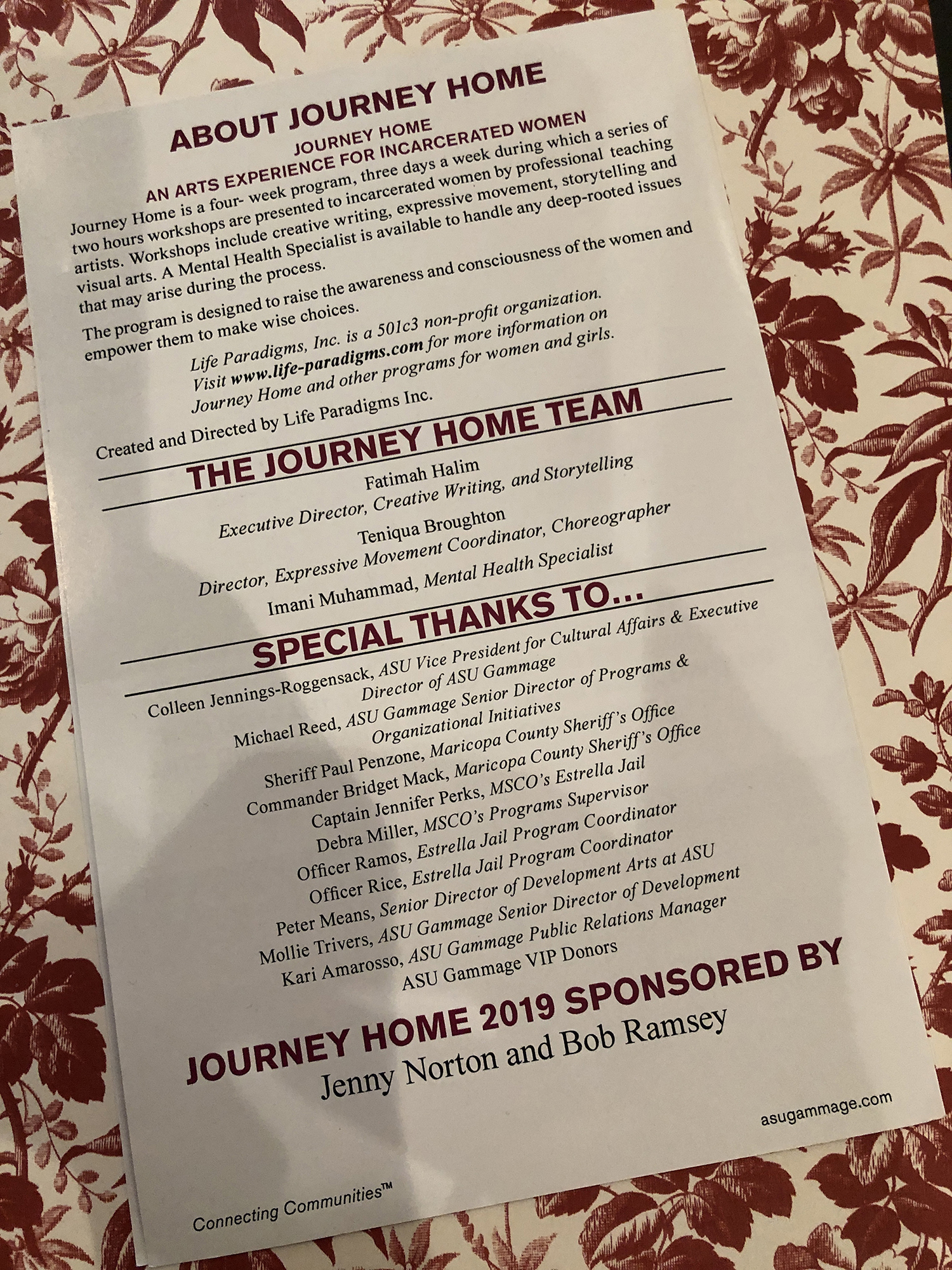
Engineering and Its Efforts to Make Change Happen!
https://engineering.asu.edu/
Throughout history, advancements in technology and sustainability have helped push engineers to make changes for the better. Either being to promote awareness for planet earth or simply using more sustainable resources to build and fabricate marvelous works of art. As engineers, we learn to take on challenges and create solutions for problems that need resolutions, no matter how big or small a challenge may be. To this, I would like to introduce myself and talk about my motives for studying Engineering and what has fueled that motivation.

My name is Juan C. Cabrera and I am currently a graduate student at Arizona State University (ASU). I have been studying at ASU for the past four years (since Spring 2017), where I decided to major in Engineering with an emphasis on Sustainability and Alternative Energy. I chose to study these topics because we live in a society where things are taken for granted without realizing the potential risk factors that may follow behind them. This realization has been what has fueled my continued advancement in my education. As I continue my studies in becoming an engineer, I have put it upon myself that for every solution I help create, I will take into mind the potential environmental and sustainable impacts that it could create and help eliminate the adverse ones. I hope that future generations of engineers will consider including a process (into their design process) where they research and determine what potential environmental and sustainable impacts their designs could create and help eliminate the adverse ones. I say this because as engineers, we are taught to be problem solvers, not problem makers!


